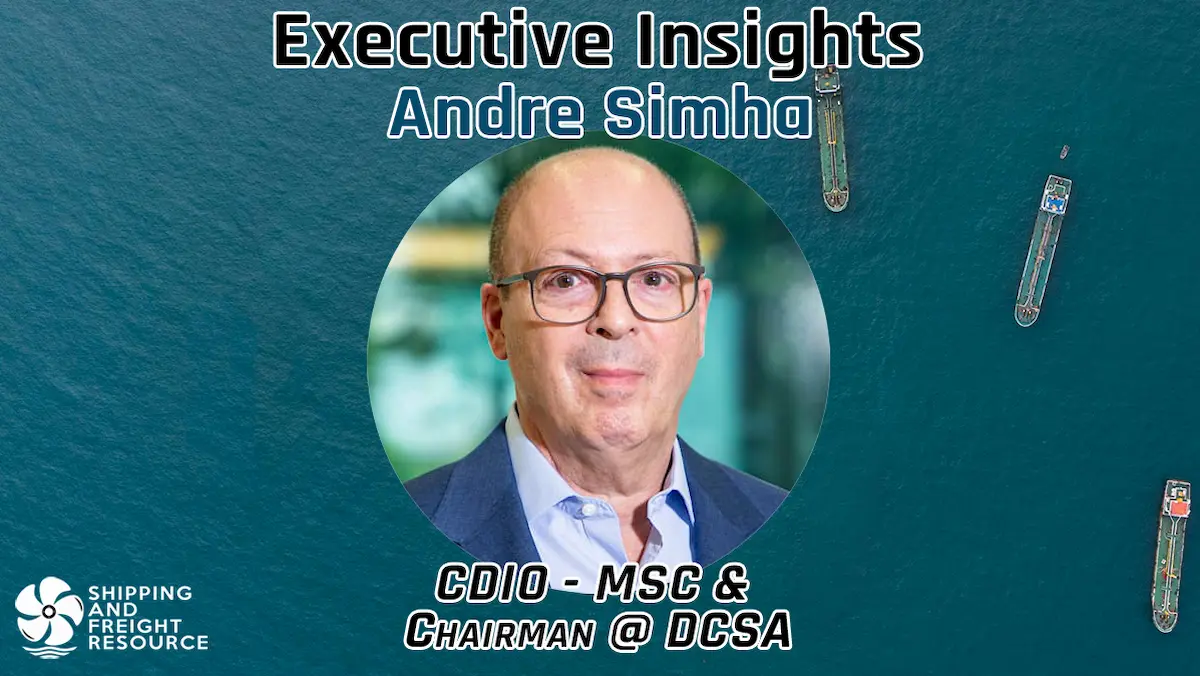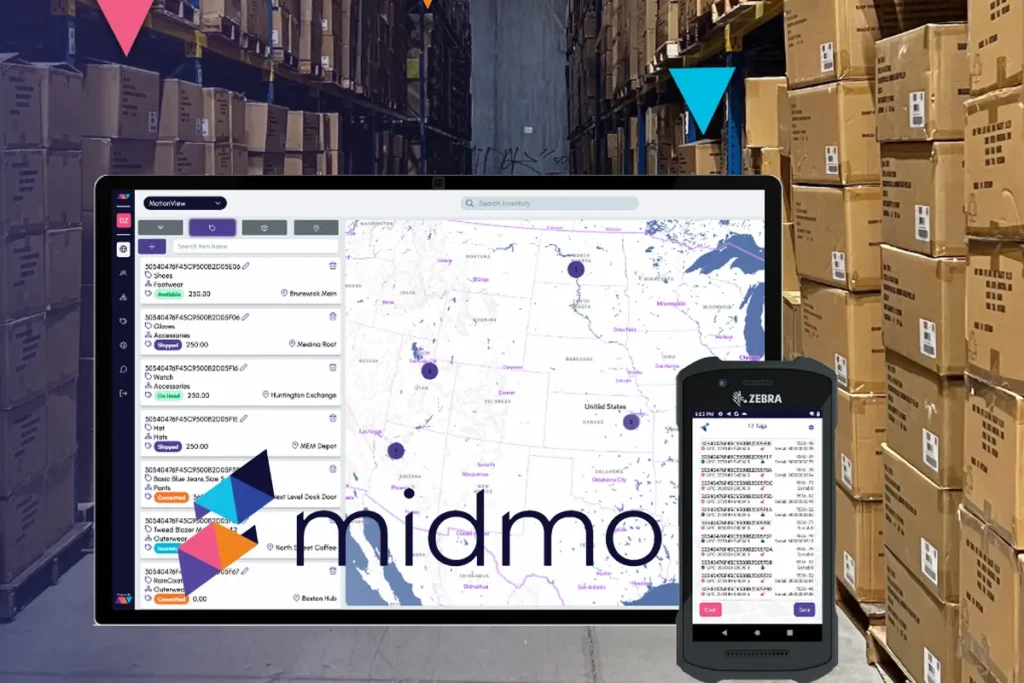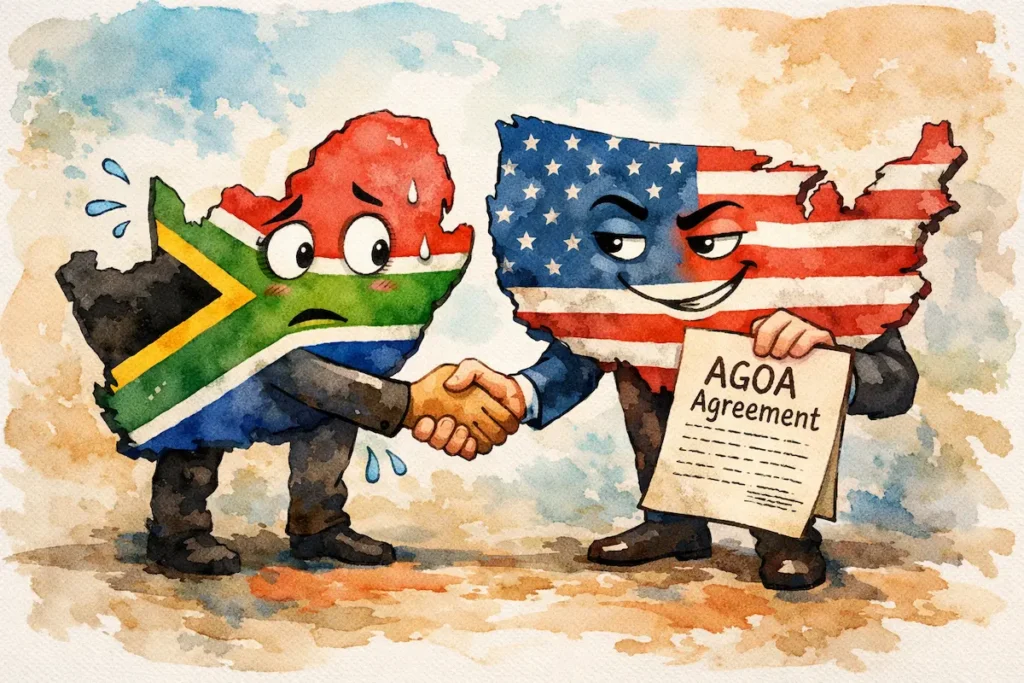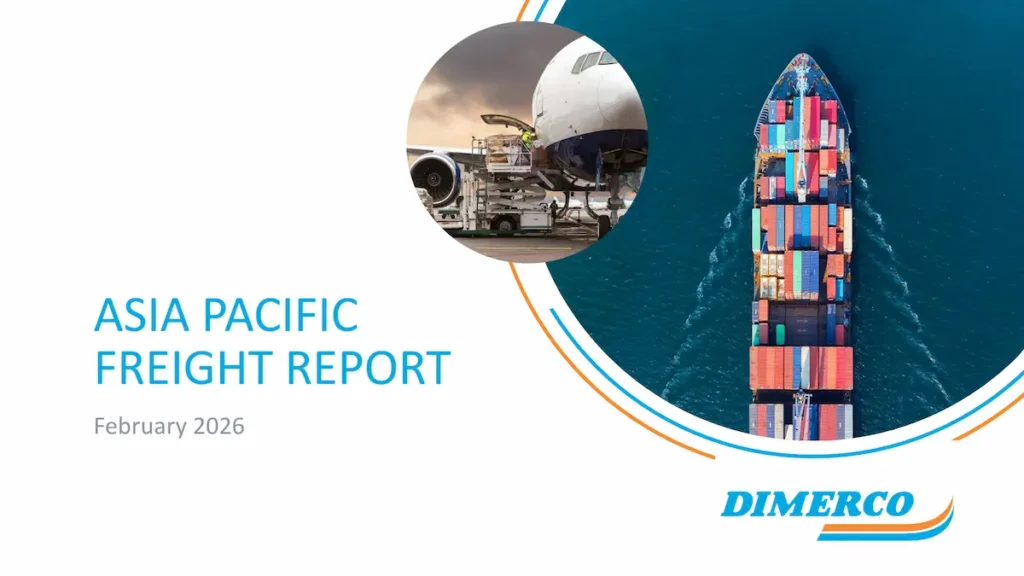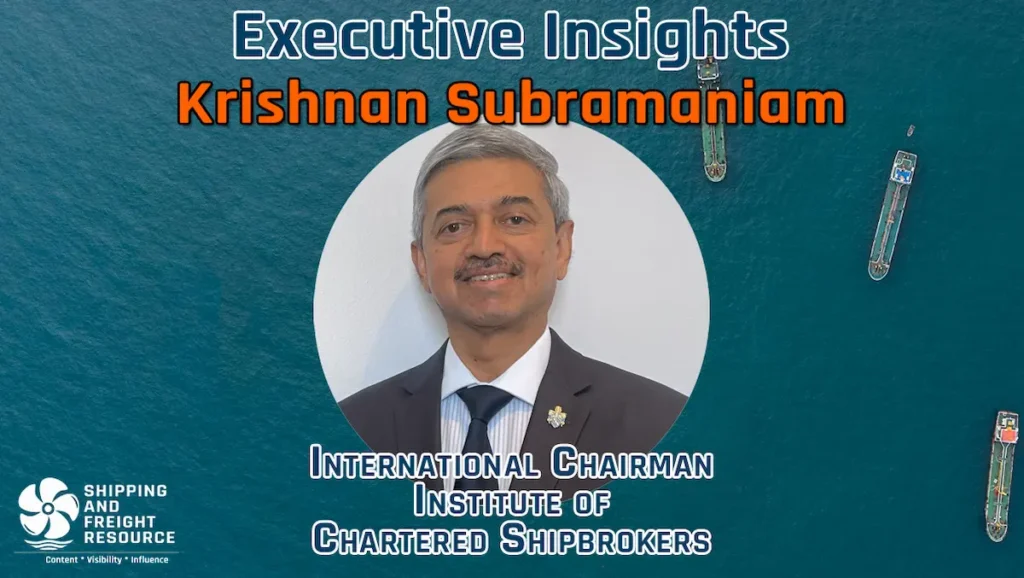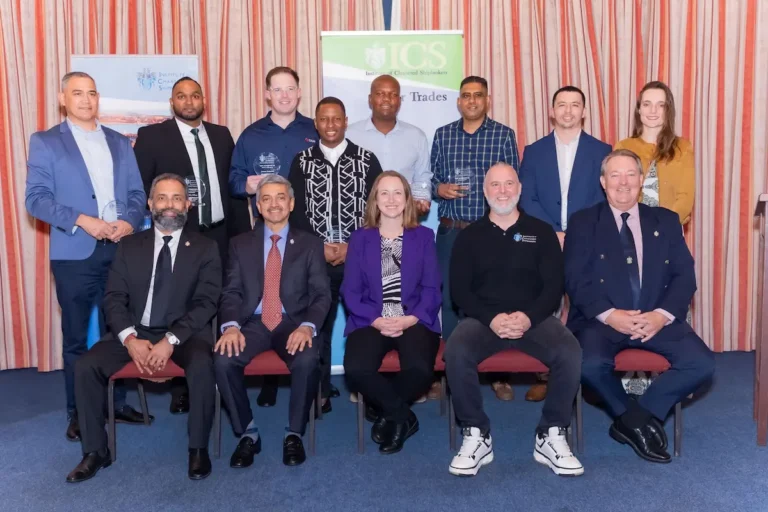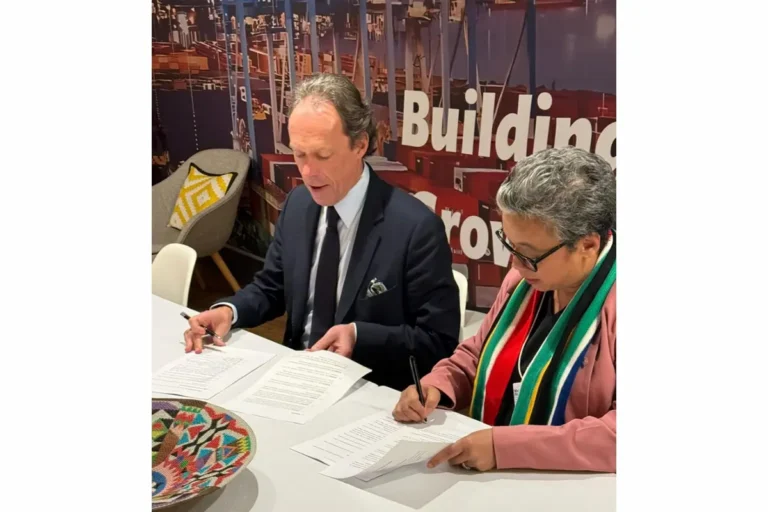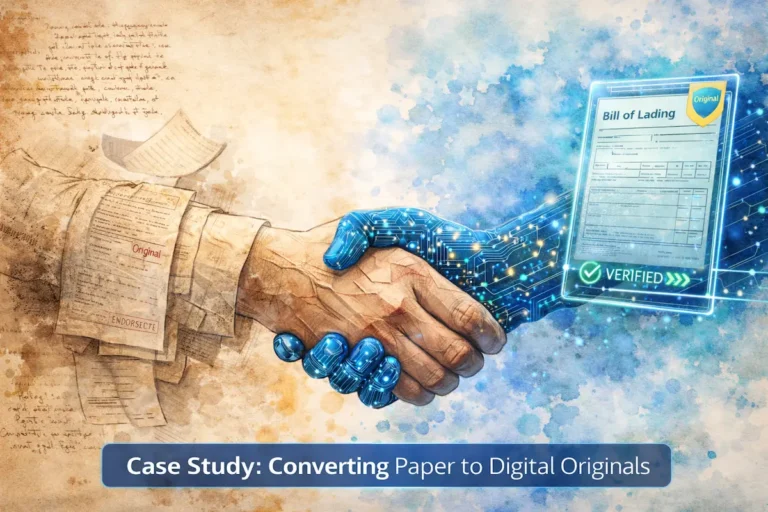In this edition of Executive Insights, we reconnect with André Simha, Chief Digital and Innovation Officer at MSC and Chairman of the Digital Container Shipping Association (DCSA)..
A long-time champion of digital transformation in maritime logistics, André shares some updates and practical insights on the adoption of digital standards, progress on the electronic Bill of Lading (eBL), and the industry’s ongoing transition from fragmentation to interoperability..
SFR: From your vantage point—both at DCSA and MSC—how would you describe the current level of digital standards adoption in the industry..??
AS: The adoption of digital standards has progressed significantly, particularly around core standards like Track and Trace, Vessel Schedules, Bookings, and eBL..
All ten DCSA member carriers have implemented the same version of these standards, laying the groundwork for interoperability across platforms.. This alignment is vital given the complexity of the global supply chain ecosystem..
The industry has also seen a marked increase in digital activity, with over 200 million API calls per month recorded using DCSA standards—a surge of around 80% compared to the previous year..
This uptick not only indicates momentum but also highlights a shift toward digital standardised communication becoming the new norm within shipping..
SFR: You’ve famously stated that “standards are cool,” especially when they work across partners and platforms.. Has the industry moved beyond the buzzword phase when it comes to digital standards..??
AS: There is growing consensus that the industry has moved past the buzzword stage and into meaningful implementation..
Standards such as Wi-Fi and Bluetooth have long been seamlessly integrated into everyday life, and in our industry containerisation standards have been followed for decades..
While fragmentation still exists, the absence of standardisation is more noticeable today, and its impact is more acutely felt, especially when disruptions occur..
So to answer your question, yes, I’m convinced we’re past the buzzword.. The conversation seems to have matured from conceptual discussions to practical adoption and ecosystem-wide benefits..
SFR: DCSA recently launched its new partnership programme, DCSA+.. What is the vision behind this initiative, and how does it aim to accelerate adoption..??
AS: DCSA+ was developed to extend DCSA’s scope beyond its founding carrier members by engaging other critical actors in the supply chain..
The objective is to foster broader ecosystem collaboration—bringing together shippers, freight forwarders, ports, terminals, and technology partners to co-develop and promote digital standards..
Participants in DCSA+ gain access to exclusive tools, insights, and strategic engagements such as roundtables, hackathons, and innovation groups..
These forums allow members to actively influence the development roadmap of DCSA standards and provide feedback from different stakeholder perspectives..
The programme aims to drive faster, more meaningful adoption, recognising that a standard holds true value only when broadly implemented across the value chain..
SFR: Let’s talk about eBL.. Where does MSC currently stand on this journey, and has it reached operational scale..??
AS: The eBL journey at MSC remains firmly aligned with the industry-wide goal of achieving 100% adoption by 2030..
While significant progress has been made, the effort is still ongoing, and widespread operational rollouts are dependent on collaboration across all segments of the supply chain..
Even a single carrier reaching 50% adoption would be insufficient in isolation.. For eBL and broader documentation digitalisation to succeed, it must be embraced by customers, banks, regulators, and other stakeholders..
MSC continues to invest in pilot programmes, proofs of concept, and joint initiatives to build trust and interoperability around digital trade documentation..
SFR: Is MSC actively aligning with regulatory developments such as MLETR, and what impact have you seen from a policy perspective?
AS: MSC is closely following developments around the Model Law on Electronic Transferable Records (MLETR) and has engaged with international legal bodies like UNCITRAL to support legislative alignment..
For example, MSC participated in a recent awareness initiative in Rome, focused on promoting MLETR adoption in Italy and sharing global perspectives on electronic transferable records..
Legal reform plays a foundational role in enabling digital trade, and MSC continues to contribute where possible to ensure the voices of shipping lines and B/L issuers are included in these conversations..
SFR: MSC has launched new digital platforms such as MyMSC and iReefer.. What kind of response are you seeing from customers..??
AS: While the innovations may not be considered radically transformative, they represent steady, continuous evolution aligned with MSC’s values of enhancing both customer and internal operational experiences..
By digitising traditionally manual or offline processes, these platforms improve efficiency, transparency, and reliability..
The development roadmap is driven primarily by customer needs, with a clear focus on simplifying the user journey and delivering meaningful improvements without compromising MSC’s signature personal touch..
SFR: Change is hard, especially in shipping, where long-standing practices are deeply ingrained.. What’s the key to overcoming resistance in such an intangible area as digitalisation..??
AS: Overcoming resistance to change requires both strategic vision and cultural alignment.. The leadership must articulate a clear “why” behind digital transformation and ensure that every team member understands its relevance and benefit..
Industry-wide collaboration is also essential.. Transformation cannot succeed if it is approached in silos—carriers, agencies, ports, and other players must move in tandem.. Additionally, technology must serve a real-world use case..
Rather than chasing trends like blockchain or AI for their own sake, the focus should be on applying technology where it can deliver genuine operational value..
SFR: Finally, what advice would you give to companies or professionals just beginning their digital journey..??
AS: The most important starting point is openness—openness to learn, to adapt, and to understand both the technology and the internal processes it is meant to support..
Digital transformation should be top-down, but it must include all stakeholders..
Collaboration with peers, a focus on outcomes rather than technology alone, and recognition of the human element in every project are critical for success..
Ultimately, technology is just a tool—it’s the people who use it that make the difference..
Conclusion
Through initiatives like DCSA+, alignment with legal frameworks like MLETR, and a pragmatic approach to digital transformation, André Simha continues to influence not only the direction MSC takes, but also how the wider shipping industry evolves..
His insights serve as a reminder that while digital change requires technical solutions, it also demands leadership, collaboration, and above all, clarity of purpose..
You can view the full interview here..

